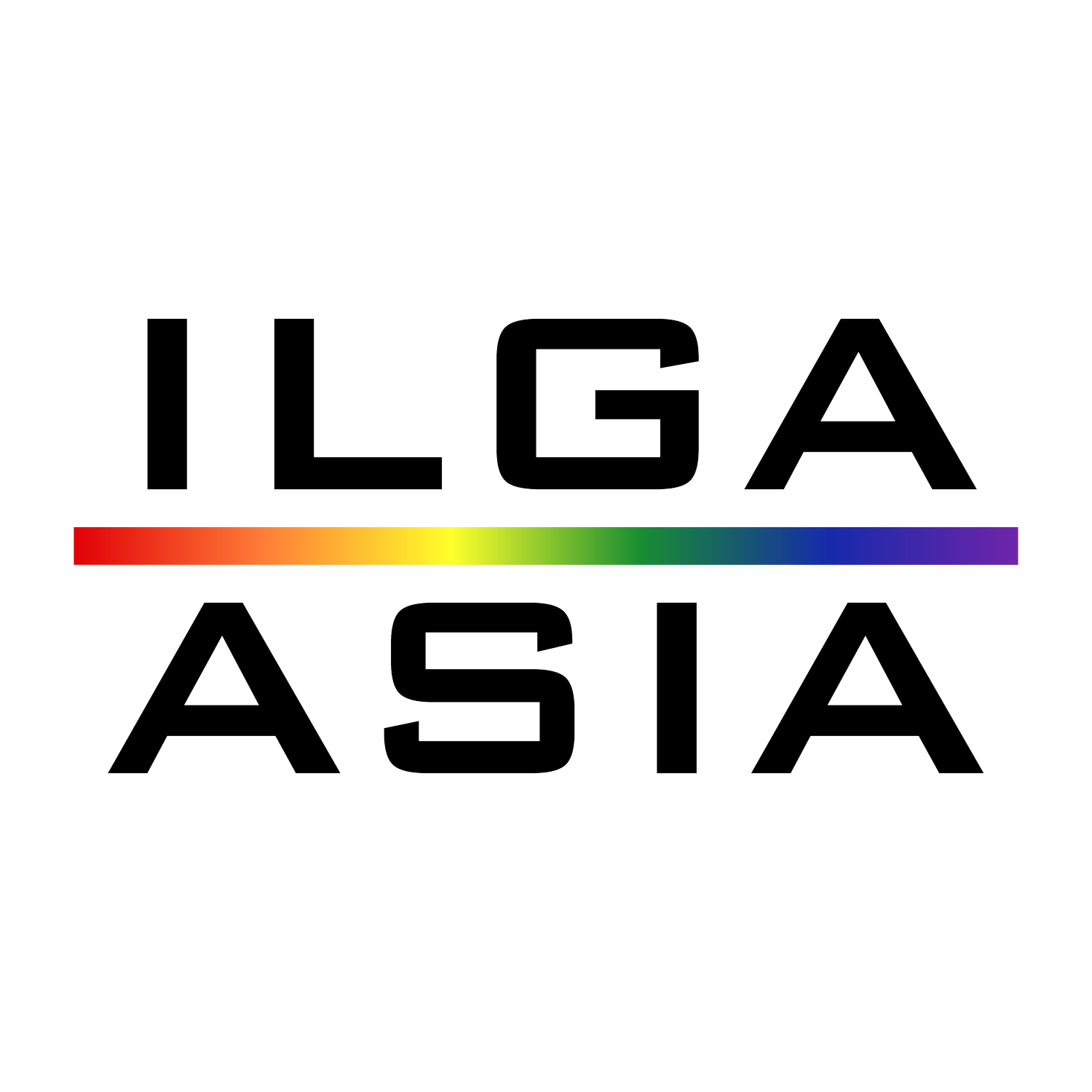[Read more and download the report via Reliefweb]
Lesbian, gay, bisexual, transgender, intersex, and queer (LGBTIQ+)1 individuals face challenges across different crises, including armed conflicts, disasters, and migration, and forced displacement. As in other regions, LGBTIQ+ communities in Asia and the Pacific are vulnerable to various forms of discrimination and violence, which are both similar to and distinct from other individuals and groups in humanitarian emergencies. These vulnerabilities stem from pre-existing inequalities, discrimination, and violence that are frequently exacerbated during crises, and are shaped by multiple intersecting factors, such as gender identity and expression, sexual orientation, sex characteristics, race, ethnicity, religion, disability, age, and displacement status, among others. Yet, humanitarian agencies struggle to fully understand and effectively respond to the diverse needs of LGBTIQ+ individuals.
This advocacy brief is a product of collaboration between Gender in Humanitarian Action Working Group and Gender-Based Violence in Emergencies Working Group in Asia and the Pacific region. It is primarily informed by the research and contributions of Edge Effect and Outright International, ILGA Asia, and Equal Asia Foundation. It underscores a number of significant challenges faced by LGBTIQ+ communities in Asia and the Pacific region, addresses some of the major barriers to achieving LGBTIQ+ inclusion in humanitarian response, and calls on humanitarian organizations to prioritize the protection and inclusion of LGBTIQ+ communities in their response efforts.


